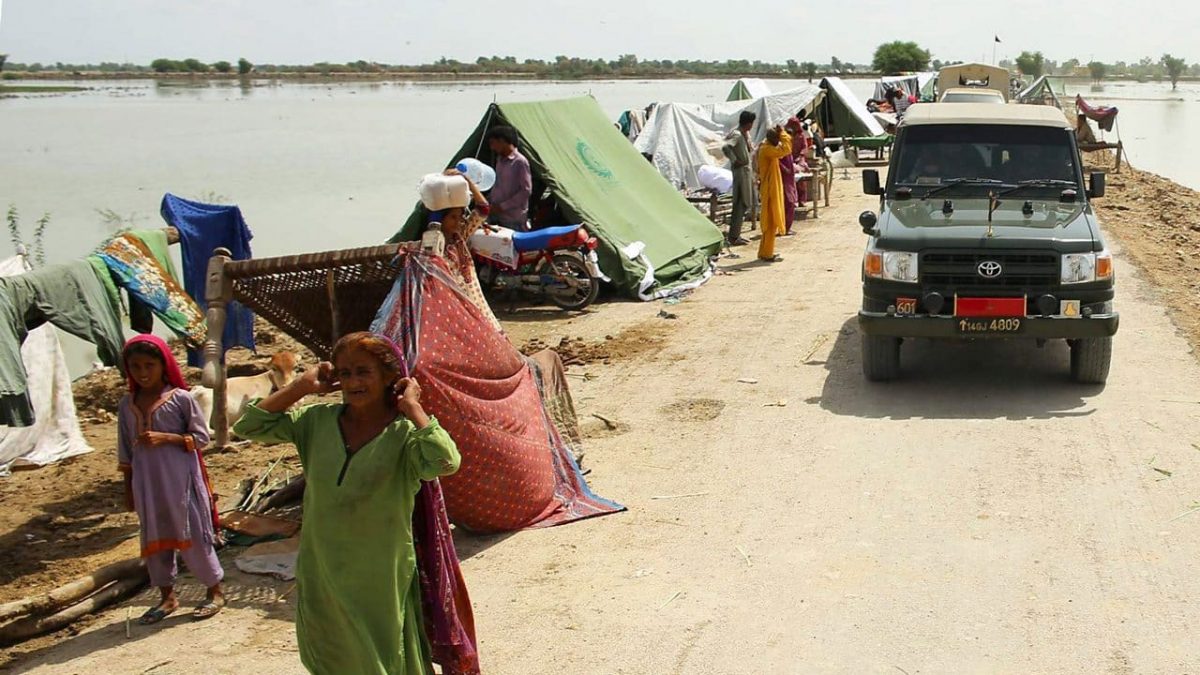Pakistan floods spreading disease
Waterborne diseases are on the rise in Sindh province in Pakistan where water levels are still high after record floods.
This programme is available on the Health Check Page and is available NOW On-Demand until Wednesday the 6th of October. It will also be broadcast on Sunday the 2nd of October in Phuket at 8:00 AM on 91.5 FM and 102.5 FM and Online via the Internet radio portals.
BBC Urdu’s Riaz Sohail visited the region and tells us about the Pakistan floods and conditions in roadside camps and a hospital in the Dadu district.
UPDATE: Six months on after the Pakistan flood what is now the worst flooding in Pakistan’s history, a medic in eastern Balochistan describes what he is seeing daily.
Motor Neuron Disease
A recently published Motor Neuron Disease trial suggests that a new drug could make a fundamental difference for some people living with the disease.
And how does healthcare work if a doctor can only be reached by boat, helicopter or plane?
BBC’s Marnie Chesterton went to Greenland and spoke to a healthcare worker in the small village of Narsarsuaq. Presenter: Claudia Hammond Producer: Florian Bohr
(Picture: Flood-affected people on the road in Dadu city, Pakistan. Photo credit: Jan Ali Laghari/Anadolu Agency/Getty Images.)
More on the Pakistan Floods.
Extreme Event Attribution Pakistans floods and the work, conducted by a team of statisticians, climate experts, and local weather experts, is part of an emerging field in science called Extreme Event Attribution, and can reliably provide assessments in the immediate aftermath of an extreme weather event. The report follows widescale flooding in Pakistan that has disrupted the lives of over 33 million people.






